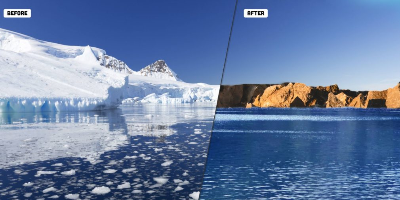jan 1, 2145 - Psychology.org: The psychology of climate change denial
Description:
The psychology of climate change denialWhilst the vast majority of people claim to be concerned about the climate, it is also the case that large numbers of people also avoid, minimise, switch off, or distance themselves from effectively engaging with the problems.
A small but noisy minority actively deny that there even is a problem. How do we understand this, and how do we solve the “It’s Not My Problem” problem?
Key points
Across Australia, 87% of surveyed Australians accept that climate change is real and happening and driven in some way by human behaviour. An overwhelming majority of climate scientists (97%) agree that climate change is caused by human behaviour. Despite these large numbers of people accepting that climate change is real and driven by human behaviour, there is a ‘consensus gap’. The consensus gap is the difference between the public's perception of how much agreement there is among scientists that humans are causing global warming (typically about 50%), compared to the actual 97% consensus among scientists publishing in the peer-reviewed literature. One of the ways of dealing with this gap is raise awareness of the scientific consensus on climate change. The importance of this cannot be overstated - research shows that people are more likely to support policy actions to reduce carbon dioxide emissions if they are aware of the overwhelming agreement among experts that we are causing global warming. Robust studies of climate change perceptions in Australia, the UK and America show that only very small numbers of people actually deny that climate change is happening. The figures range from between 5 to 8% of the population. However this small minority can be influential in casting doubt on the science, spreading misinformation and impeding progress on climate policies. Science denial can be stopped by first explaining the psychological research into why and how people deny climate science. The best way to neutralise misinformation is to expose people to a weak form of the misinformation. First, explain the fallacy employed by the myth. Once people understand the techniques used to distort the science, they can reconcile the myth with the fact.
Added to timeline:
Date:
jan 1, 2145
Now
~ 119 years later
